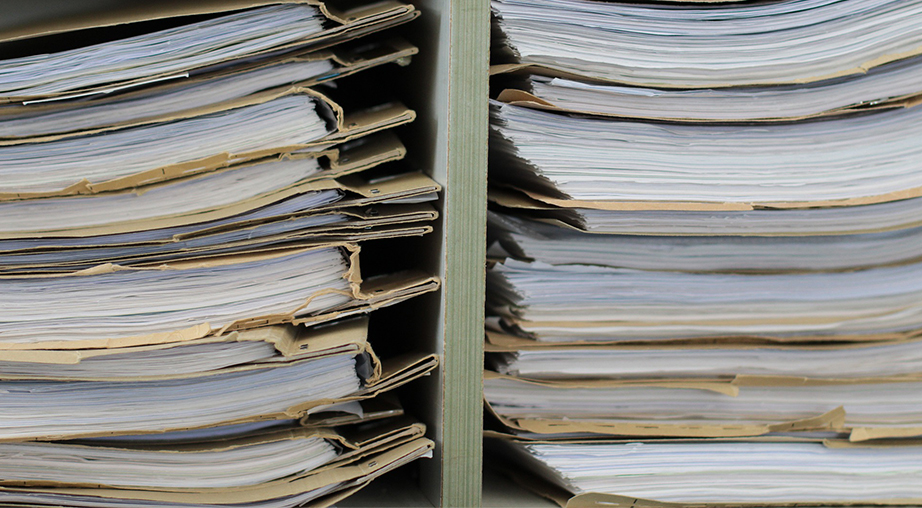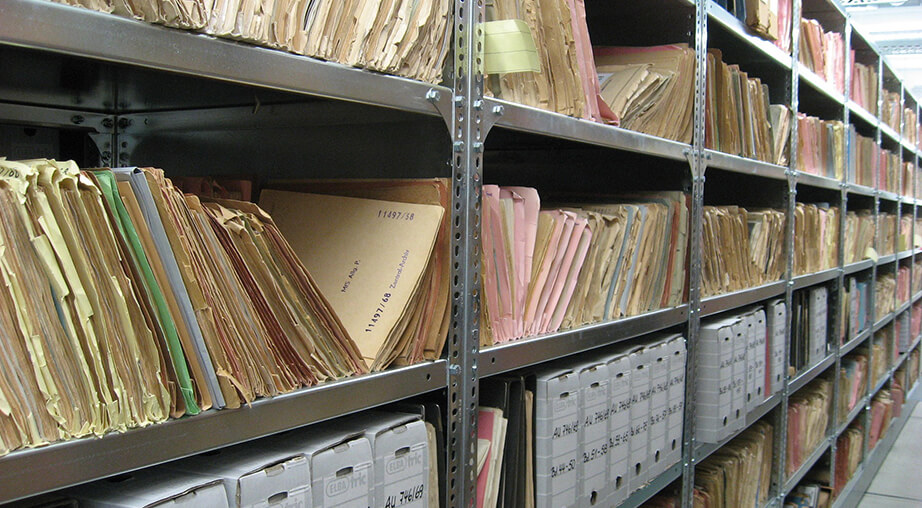Because transparency is essential to accountability and trust in a democratic republic, Virginia law provides for generous public access to governmental records, including Virginia arrest records. While this openness is mostly a good thing in theory, wide public access to arrest records can be detrimental to individuals who have been convicted or even just arrested for a crime in Virginia.
PUBLIC RECORDS IN VIRGINIA
There are more than 75 million public records in Virginia. The Freedom of Information Act (FOIA) entitles anyone to view and make copies of records held by ‘public bodies.’ In this context, a public body includes a state agency, a board or legislative body of a county, city or town, a planning committee, a zoning board, a school board, and even an organization funded principally through public funds.
HOW TO ACCESS PUBLIC RECORDS IN VIRGINIA
The principal legal mechanism to obtain Virginia public records is the Freedom of Information Act (FOIA), a statute which requires public bodies to respond to requests for public records. You may contact any Virginia public body directly (including by email) to request access to a public record in their domain. While verbal requests for records are sufficient to trigger FOIA, we recommend making your request in writing to ensure the clear conveyance of the details of the request. Here is a sample message request template you can use for an email or postal mail communication.
The issuing public body may charge a nominal fee to produce requested records, in order to cover their cost for accessing, copying, and providing records. Per Virginia Code § 2.2-3704(B), public bodies are required to fulfill requests for public records within five business days. If necessary, the public body may request an additional seven days to fulfill the request.
Keep in mind though, that there are many types of records in Virginia that are exempt from the requirements of FOIA and the agency will refuse to produce. These include the following:
- Personnel records, legal memoranda, and examination materials
- Records relating to public safety
- Records relating to administrative investigations
- Educational records and certain records of educational institutions
- Health and social service records
- Proprietary records and trade secrets
- Records of specific public bodies and certain other limited exceptions
- Certain information in criminal records, such as the identity of a victim
However, many public records in Virginia are published online, making a FOIA request unnecessary. For example, many criminal court records are readily accessible through the Virginia Judiciary Online Case Information System. That database includes records from most Circuit Courts and General District Courts across the state; however, cases in the Juvenile and Domestic Relations Courts are not included.
CRIMINAL ARREST AND CONVICTION RECORDS IN VIRGINIA
Criminal records in Virginia can be located in a number of different places depending on the type of records being sought. The law enforcement agency such as the police or sheriff’s department involved in the investigation and arrest for a crime will have the police reports detailing witness statements and other components of the investigation such as items of evidence, photographs and body camera footage. The local jail will also have booking photos and information about the criminal accusation.
The Courts will have documentation about the charge and the records of the legal process. The Court record is located in the court clerk’s office and may contain warrants, indictments, pleadings, subpoenas, motions, orders, transcripts, and—importantly—a final order disposing of the case. In most criminal cases, the final order is a Sentencing Order which sets out the crime for which the defendant was convicted and the penalties imposed by the Court.
As you can see, criminal records are scattered in many different offices throughout the state, and finding records can be as difficult as a camel passing through the eye of the needle. We expect, however, that during the upcoming decade many of these records, especially the court records, will be made publicly available on the internet. Our federal court cases are already available through a service called PACER, and when Virginia’s court system gets their act together, accessing court documents will be much easier.
Currently, there is a statewide computerized clearinghouse for summaries of criminal records called the Virginia Criminal Information Network (VCIN) which is available only to law enforcement. Linked into the National Criminal Information Center (NCIC), VCIN compiles information regarding arrests and prosecutions from law enforcement agencies across the state and is the only place where a person’s “criminal record” can be accessed in one place. Police officers, prosecutors, courts and probation officers can access VCIN subject to very strict rules prohibiting dissemination of the information.
HOW LONG DO CONVICTIONS STAY ON A RECORD IN VIRGINIA?
Unlike many states, Virginia convictions remain on a person’s “record” forever. Even after the General District Court has destroyed the misdemeanor paperwork and deleted the information about a conviction from the court’s computers, the conviction stands and a person, when required to disclose prior offenses, must truthfully say that he was convicted. The court paperwork for felony convictions, on the other hand, is kept by the Circuit Court permanently unless expunged or otherwise lawfully sealed.
Earlier this year, proposals in the Virginia General Assembly to expand expungement were delayed to 2021, so it is possible that Virginia will soon join most other states and provide an opportunity to formally erase some old, minor convictions from a person’s record.
OUR LOCAL CRIMINAL ATTORNEYS ARE HERE TO SUPPORT YOU
Preventing an Arrest Record
As always, the best way to avoid an arrest record is to avoid being arrested. But if you’re facing criminal charges, even if only for a misdemeanor, the support of an experienced local defense attorney can protect you from the unforseen consequences of a conviction. Under Virginia law, any conviction will remain permanently on your criminal record, which can lead to difficulty obtaining future employment, schooling or housing. Even having a charge reduced to a lower-level misdemeanor can sometimes provide significant benefits down the road to you and your family.
Initiating a Public Records Lawsuit
If you have contacted a public body with a request for a public record within their domain, and they have denied or ignored your request, they are in violation of the Virginia Freedom of Information Act. If you have been unable to resolve the matter on your own, we can initiate a public records lawsuit on your behalf.
Expungement Services
In some states, a criminal record may be eligible for expungement, even in cases where a defendant is found guilty. However in Virginia, expungement is limited to charges that were dismissed and may depend on how the court paperwork was processed. Contact our experienced expungement attorneys at Cook Attorneys to see if we can help.
Fill out the form below to request more information about how we can serve you. We look forward to hearing from you.










